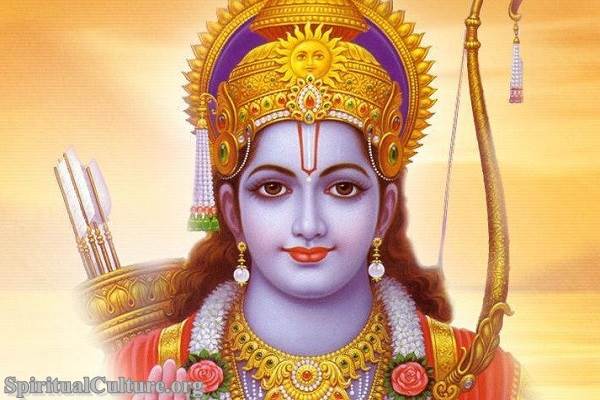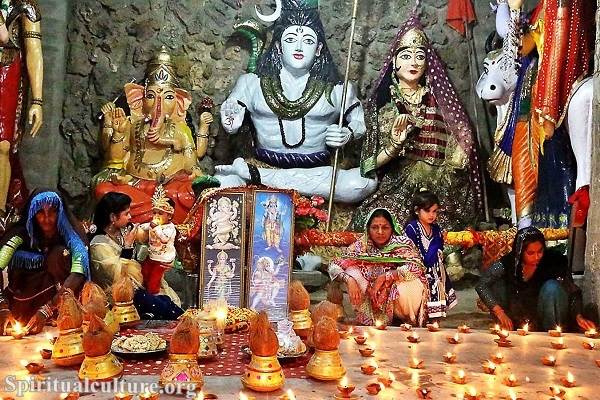Many Hindus are vegetarians, although this is not a requirement of the religion. Hindus may choose to follow a vegetarian diet for a variety of reasons, including religious, spiritual, and ethical beliefs.
Some Hindus follow the practice of “ahimsa,” which is the belief in non-violence and the avoidance of harming any living being. This can extend to the food that they eat, and many Hindus choose to abstain from eating meat, fish, and eggs.
Some Hindus believe that certain foods are “pure” or “impure,” and they may avoid certain types of food or drink in order to maintain a state of purity.
Many Hindus follow the principle of “satvic” eating, which involves consuming natural, pure, and nourishing foods that are thought to promote physical and spiritual health. This can include fresh fruits, vegetables, grains, legumes, nuts, and seeds.
Some Hindus may also follow specific dietary rules or restrictions during certain festivals or ceremonies. For example, some Hindus may abstain from certain foods during the festival of Navaratri or fast during certain moon phases.
In general, Hindus place a strong emphasis on being mindful and respectful when it comes to food and eating, and many follow practices such as offering a small portion of their food to the gods before consuming it themselves.




